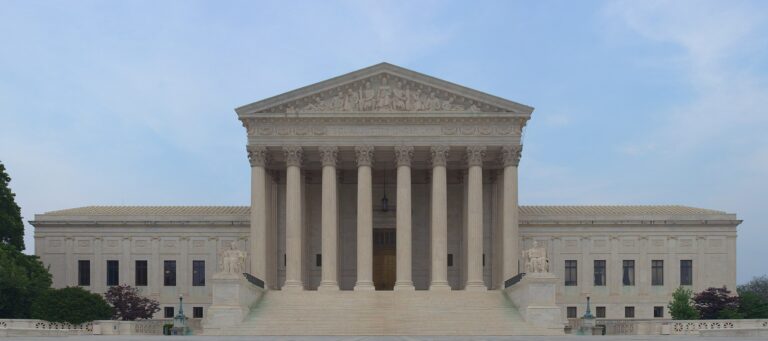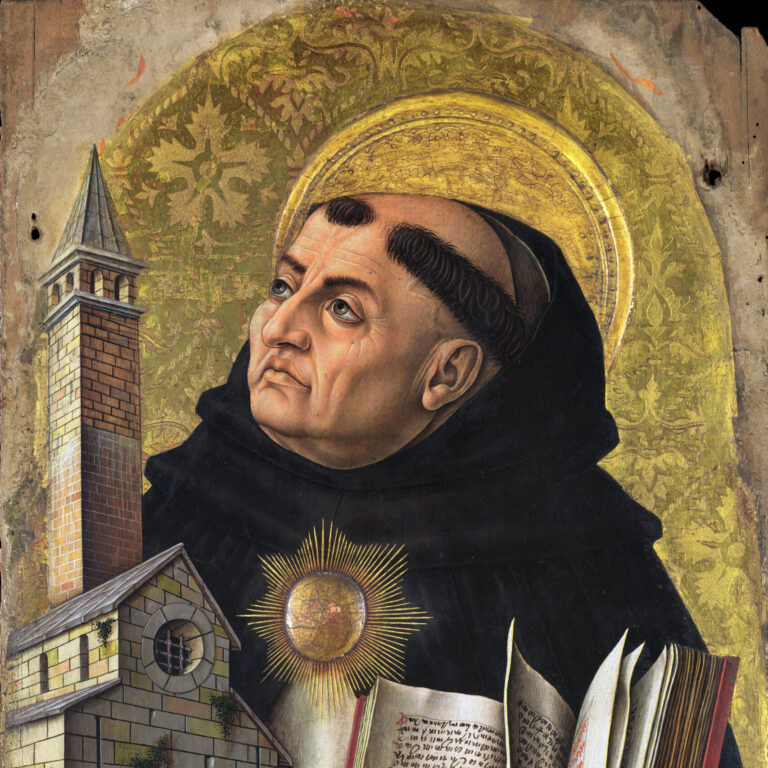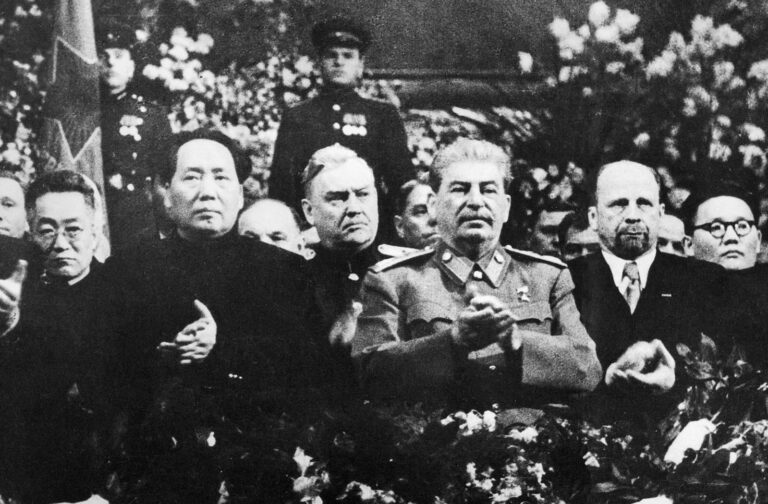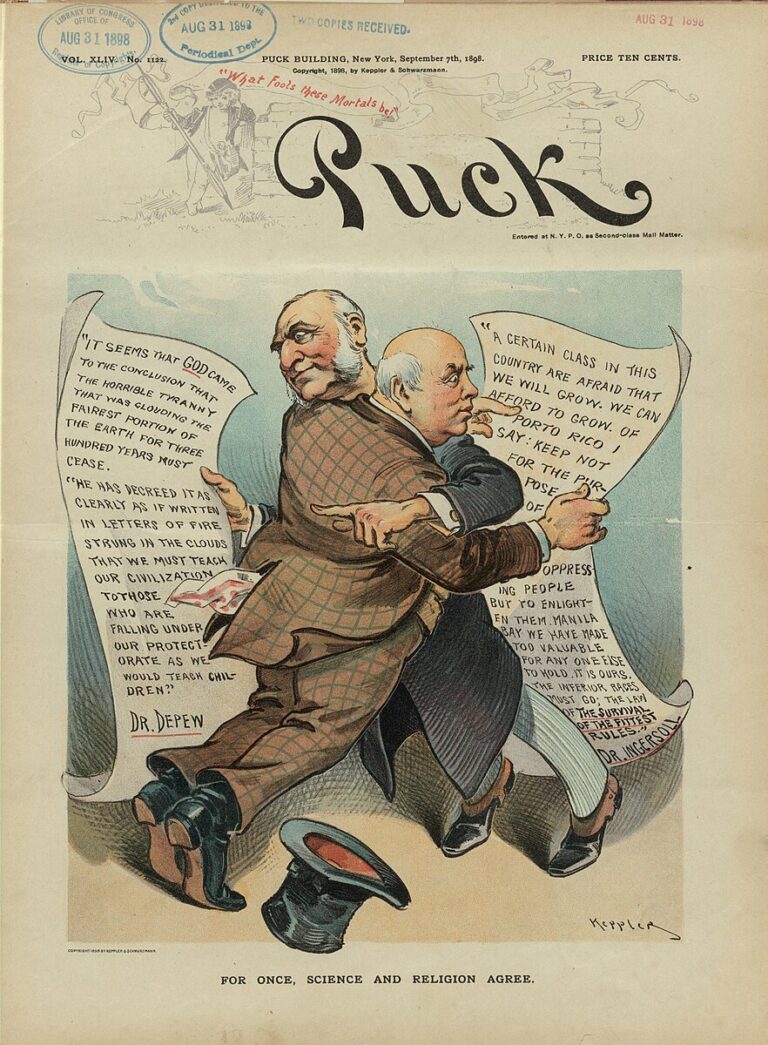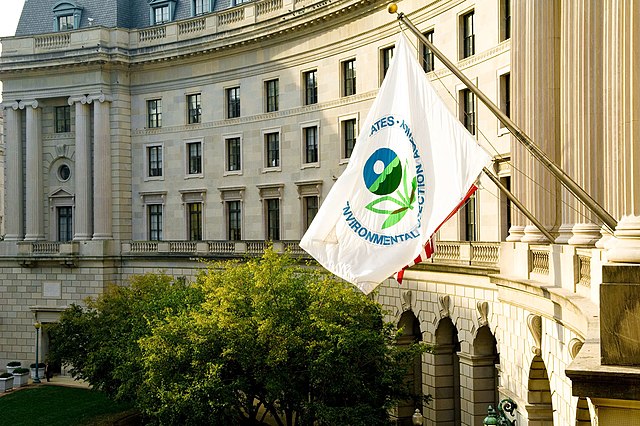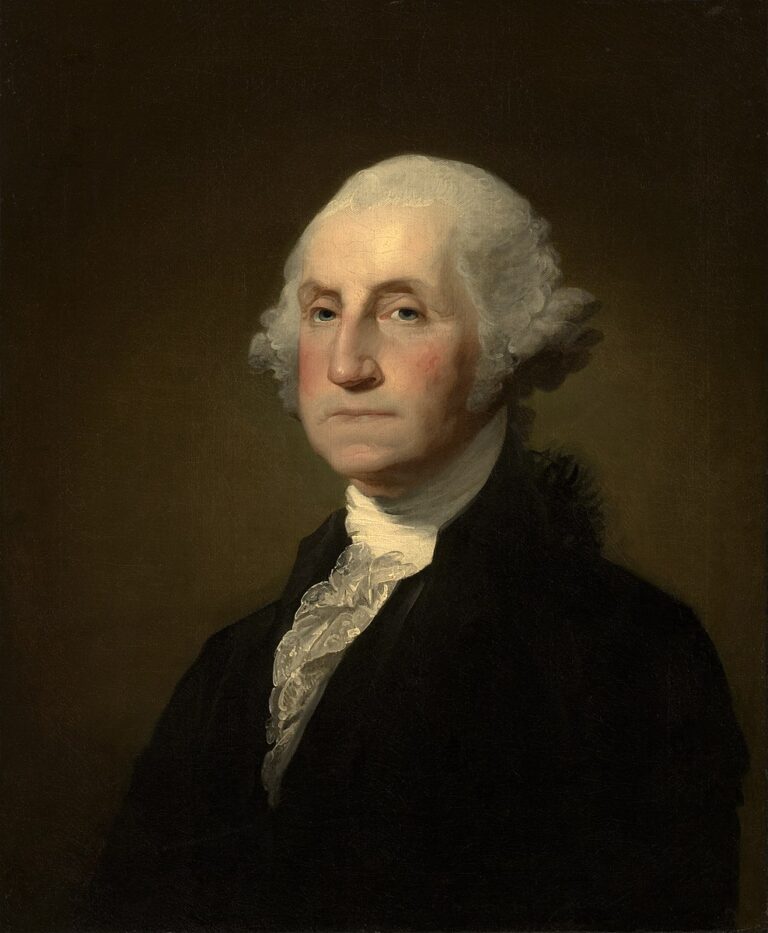The Meaning of Religious Liberty
Religious freedom is a fundamental maxim of American life. The Founders viewed it as one of the most important rights of a free person. Even today, it is one of the few things that nearly everyone can still agree is essential to free government. But what is the meaning of religious liberty?
In a recent post, I explained that the Founders believed government has a duty to promote morality through public policy. One of the ways they sought to promote morality was through public support for Christianity. This occurred in a variety of ways: public school teachers taught from the Bible, businesses were often required to close on Sundays, and some states even used taxpayer dollars to support local churches and pastors.
How can we reconcile these policies with the Founders’ insistence that human beings possess a natural right to religious liberty? How did they understand religious liberty?
According to Dr. Thomas West in “Constitution 101,” the Founders understood religious liberty to mean the natural right of individuals to form their own religious associations and worship God according to the dictates of their conscience. Provided that government does not violate this right, Dr. West says, “government can do whatever it wants to support religion.”
Take the example of school prayer, which was an ordinary practice in American public schools up until the 1960s. In today’s religiously pluralistic America, many would object and argue that it’s better to exclude God from the public square. Who are we to impose our views on others?
But consider these words from Dr. West:
The Founders always talked about [government support for religion] in terms of it’s good for the security of rights. There’s a famous quote from Washington in his Farewell Address: “reason and experience forbid us to expect that national morality can prevail in exclusion of religious principle.” In other words, no religion, no morality. And therefore, government has an interest and duty to support religion.
In other words, the Founders thought government support for Christianity was not only compatible with religious liberty. Indeed, they considered this support essential for maintaining the character necessary for self-government among citizens. Religious liberty itself would not be possible without some sort of religious support for the moral conditions that make a free society possible.
Think about it. The Bible’s teachings promote a political community’s happiness in all sorts of important ways. The Bible teaches that God is all-knowing, that He sees into our hearts, and that we should love our neighbor as ourselves. It also reinforces the commands of the natural law (“thou shalt not kill,” “thou shalt not steal,” etc.) and tells us that God dispenses eternal rewards and punishments according to our obedience to the natural law and His commandments. This provides a powerful incentive to be moral even when we can get away with wrongdoing.
The Founders understood that piety, especially Christian piety, supported a moral citizenry, and encouraged peace and order. It also established a foundation for civil and religious liberty. In short, they believed that the government could and should support Christianity because Christianity supports free government. The changes in society over the last sixty years since faith has been banished from the public square seem to vindicate their point.


